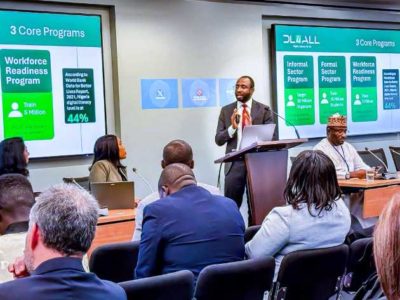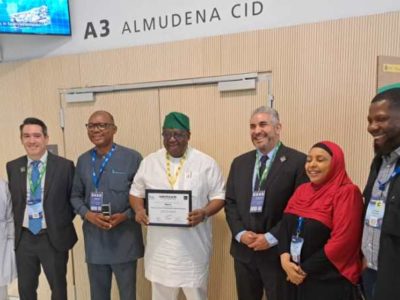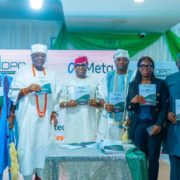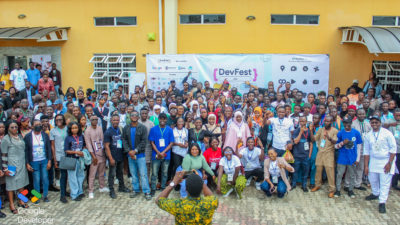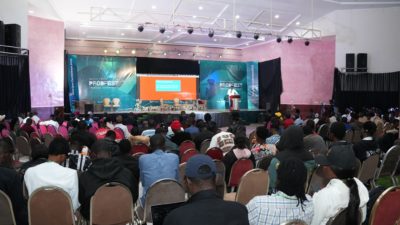Diversification of the economy will not only alleviate poverty but also spread prosperity nationally by provisioning a high value market chain for local production, Director General, National Information Technology Development Agency (NITDA) Kashifu Inuwa Abdulahhi, expressed this week at the National Centre for Artificial Intelligence and Robotics (NCAIR) in Abuja while hosting visiting members of the Federal University of Technology, Minna led by the Vice Chancellor, Professor Abdullahi Bala.
Universities have a strategic role to create the human resource necessary to drive and spread 21st century wealth and prosperity, the NITDA’s boss told his visitors even as he canvassed for greater collaborations.
Abdulahhi said technology ecosystem comprises of the Small and Medium Scale Enterprises (SMEs) which grow lineally and the Innovation Driven Enterprises (IDEs) which grow exponentially and have a broader market, adding that innovation is the best mechanism in creating prosperity.
Most developed and wealthy nations do not depend on their natural resources but on creative innovations, added Abdullahi while expressing his delight at the university’s intention to collaborate with the NITDA to sustain the momentum at building a digital economy, preparing students for the fourth industrial revolution (4IR), and boosting Industrialization across sectors.
He said creation of ICT hubs for universities in all the geo-political zones which included the Federal University of Technology, Minna was in line with the NCAIR’s mandate of collaborating with universities in empowering youths.
“Graduates are unemployable these days because all they know is theory and will always need additional training upon employment but exposing them to these technology advancements will broaden their knowledge and give them the opportunity to conceptualize their ideas,” said the NITDA boss.
Minimal capital is needed to be a part of the 4IR, said Abdulahhi adding that NCAIR is to devise ways in which fundamental technology can be used to solve problems and create prosperity.
Professor Bala believes a greater synergy was needed between academic centres and the regulator even while thanking the NITDA for its intervention through the provision of an IT hub to the university.
There is greater room for collaboration in research, innovation and development and emerging technologies, said Bala while assuring the agency that the university has scaled its capacity to further complement the efforts of NITDA by creating an International Centre for Emerging Technology, which could work closely with the NCAIR on AI and other areas.
In addition, Bala seeks to have the university becomes one of the centres to train ‘NITDA Scholars,’ a post graduate sponsorship programme offered yearly by the NITDA to qualified Nigerians.



